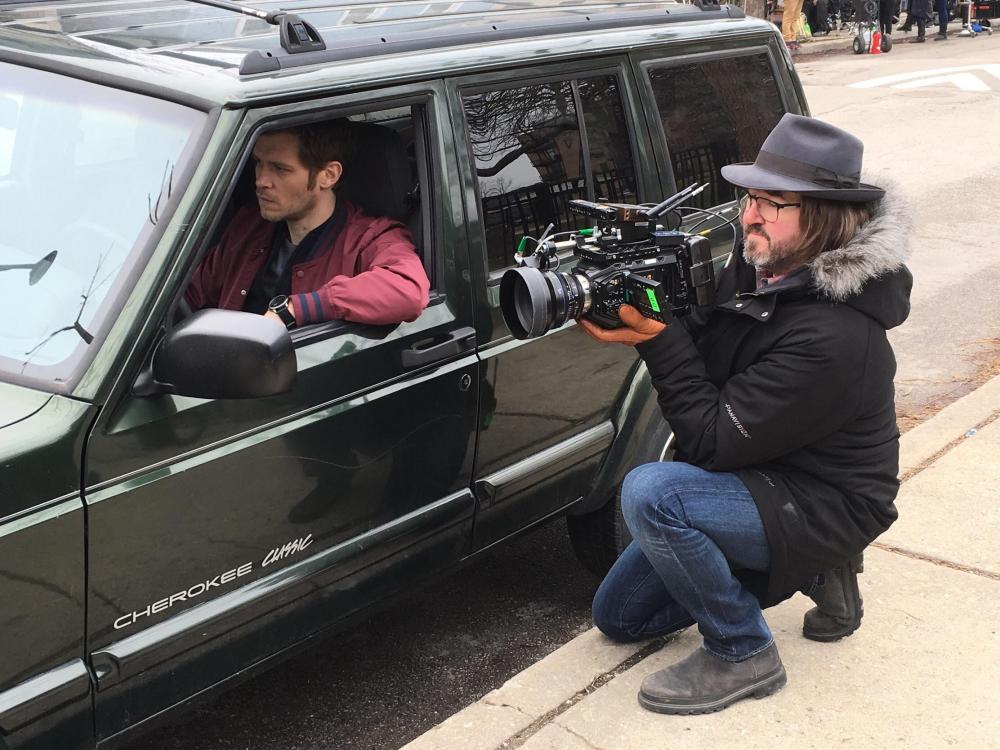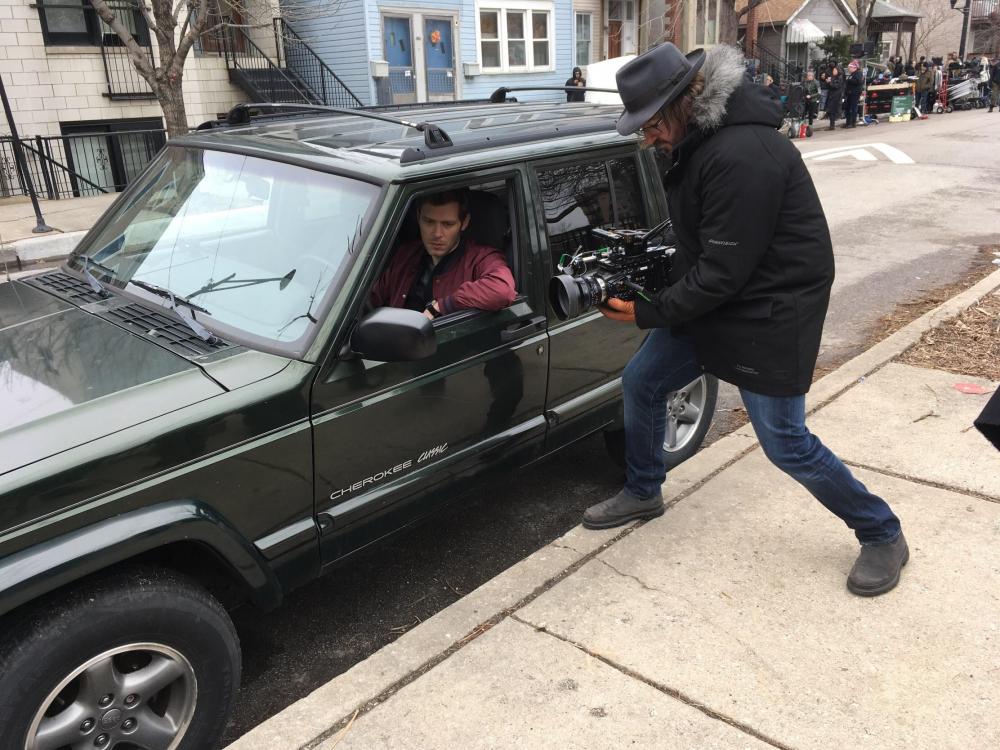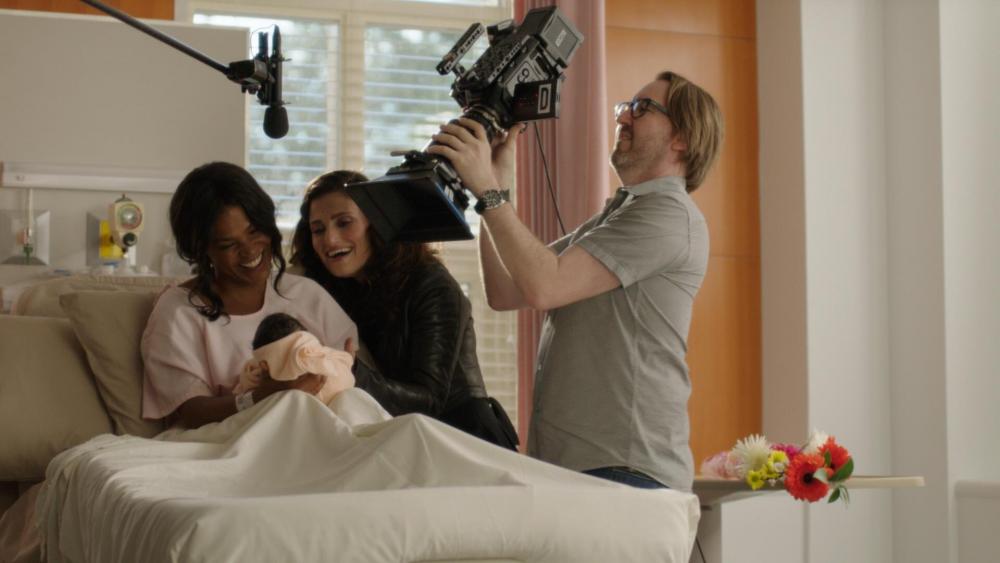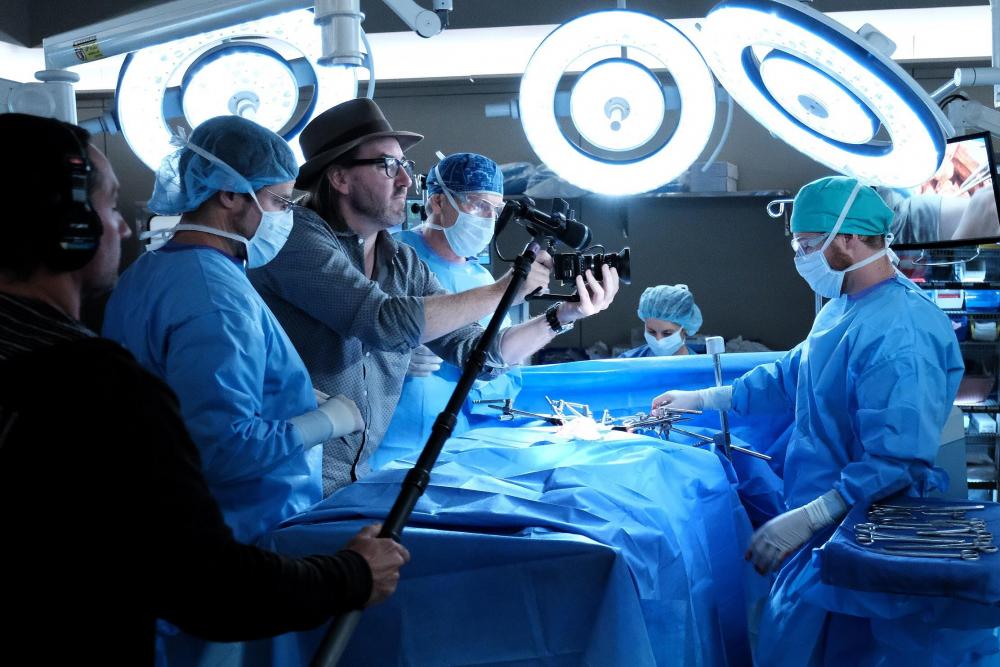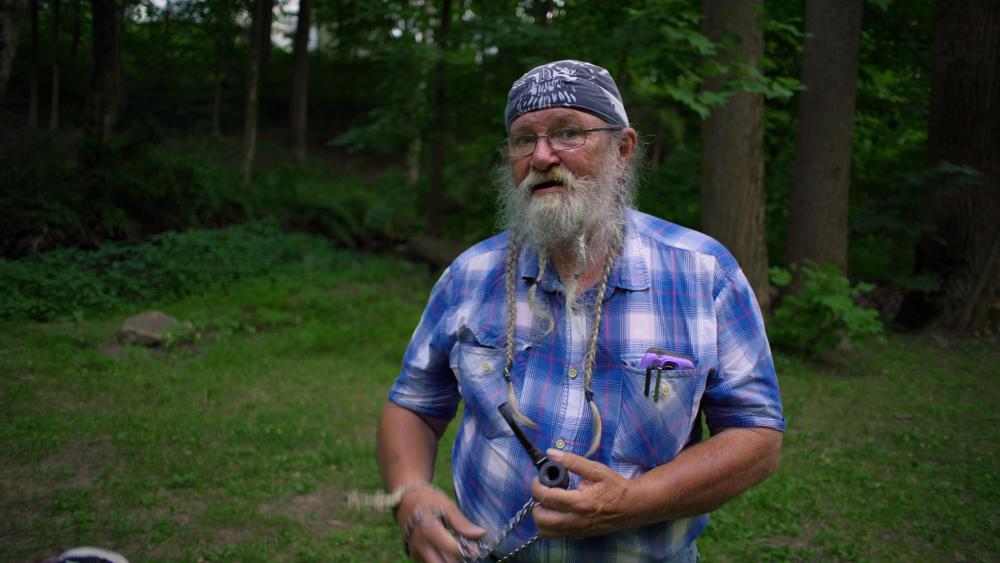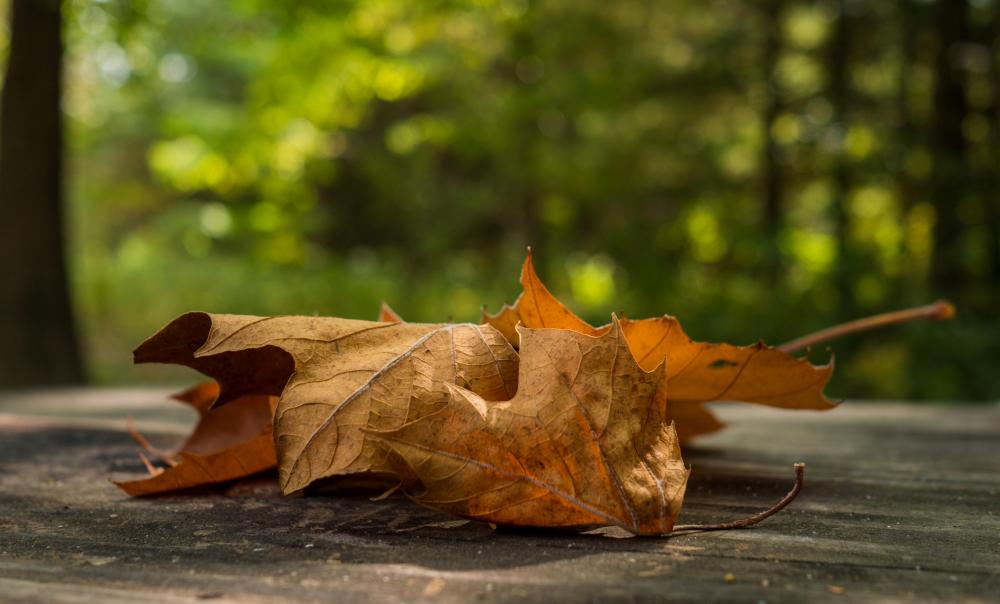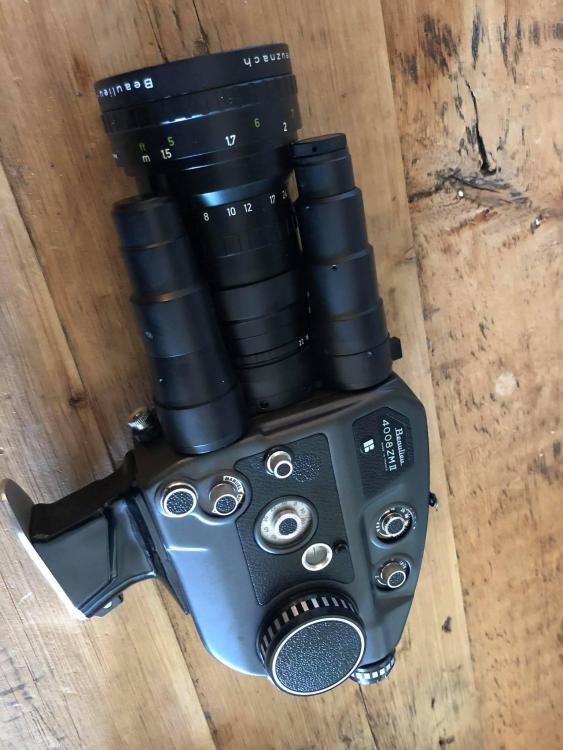Leaderboard
Popular Content
Showing content with the highest reputation on 07/03/2018 in all areas
-
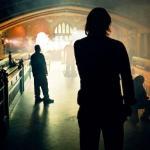
Blackmagic Pocket Cinema Camera 4K
tupp and 5 others reacted to John Brawley for a topic
This is known as “the pattern” Resident eps are are shot in 8 working days plus one day of second unit. The second unit happens concurrently with the first day of the second episode shoot. 6 days are shot in studio and 2 day are out on location. We average about 35 setups or “slates” per day. Have done as high as 60 on Resident. Many setups are three cameras. So that’s about 70-90 “shots” per day. Each camera shoots about 60-90 mins of footage per day but it’s not unusual to have 2 hours per camera (for action or slow motion heavy days) i day we have three cameras but I really mean we have theee camera operators. We have many more cameras that are pre-build for different roles. A, B and C are Alexa Mini. D camera is a full time Steadicam camera (Alexa XT for weight and mass). It goes on down to letter q or something silly. There are three sets of Primo Primes and each camera has its own 11-1 as well. We also have a couple of other specialty lenses like a CP 50 macro, and I also use a lot of SLR Magic primes on the micro and APO Hyper primes on the Ursa Mini. We shoot about 6-10 script pages per day. I always say you can’t really go much faster than a setup every 15 mins. That’s 4 per hour. On a 12 hour workday it means we theoretically can do 48 setups. It’s very hard to maintain that kind of pace in a day (and have it look good) Sometimes you can get the shot turnover down by leapfrogging cameras. Have the A cameras do the first shot, prep the B camera to come right in after that setup is finished and the A camera pulls out. There are 12 in the camera department not including me. Ops, firsts and seconds x 3 plus two utilities and a loader. Time is the thing we all struggle most with. Time to light, time to shoot, time to tweak. The pace of TV has a way of “honing” your choices and teaching you to react and trust your instincts. JB6 points -

Blackmagic Pocket Cinema Camera 4K
newfoundmass and 4 others reacted to John Brawley for a topic
Thanks for the notes. A great deal of The Resident is shot handheld with an Ursa Mini Pro and APO Hyperprimes from SLR Magic. We rig it in what I call “football” mode. Body, wooden camera cheese plates, Dbox, MDR, battery, lens and side handle. I try to keep it as small as possible. Attcahed are a couple of shots I was operating on a pilot in Chicago a few months ago. A lot is also shot with a minimally rigged micro camera, WC cage, self pulling with a 10mm SLR Magic lens and a 5” VA for monitoriing on an arm. Idea being to keep it all very small. There’s a picture here showing the way I work that rig here mid-take. It allows me to get the camera inside the surgical feild and very intimate. We work really hard on making the medical stuff as real as possible. It’s a real prop in that case. Most of the extras in surgery scenes are realy life OR nurses and surgeons. We have surgeons as consultants and we make a lot of prosthetics to be story specific. We have to take some liberties though, usually for time. I mean it’s a 47 min TV show I recall with the scene you’re talking about that graft would normally take about an hour to install and sew. Mina gets it done in a few seocnds ?. The whole procedure would take a few hours. So we try to get the spirit right and we try to be very explicit and accurate with the medical depictions. We still get. alot of medical people flaming the show for not being “right” but usually they’re more upset with the way we depict the shortcomings and failings of the US medical system ? We shoot, edit and master in 1920. Fox does the downconvert. You can get 1920 versions from other stremaing services though. JB5 points -
Stealing from Facebook:4 points
-
Video Compression Kills Grain :(
canonlyme and 3 others reacted to BenEricson for a topic
I always hear comments like this, but I’ve never heard an actual story of anyone having a “it was all blank sorry” moment. This seems like the modern equivalent of forgetting to load a card into a digital camera. You’d have to either have very serious mechanical error, severe under exposure, or be uneducated in the process, all of which are preventable... especially since the room for error with negative film is extremly high. I recently shot a short piece on a Bolex Rex 4. The scanning prices have dropped recently and the 4k scans available now are really nice and affordable. ProRes LT to Vimeo has worked pretty good for me in the past. Film grain holds up really nice in my experience.4 points -

Blackmagic Pocket Cinema Camera 4K
IronFilm and 2 others reacted to John Brawley for a topic
A setup is anytime the script supervisor changes the ID on the slate ? That's a lens change or a substantial change in storytelling shot construction. On take 1 of a setup, if there's something blocking and screwing up the shot and you have to move the A camera six feet to get around it, then the shot is considered the same shot, you go to take 2 and its the same setup because the intention is the same. Kind of the same if the lens change is from a 27mm to a 24mm because you're not quite fitting everything in. Sometimes though on take 3, the B camera has gotten what they need and you give them a different shot to do so that would generate a new setup and a new ID on the slate. (don't get me started on the differences between US and AU slate ID's. The lighting is always being tweaked to each CAMERA (not shot) so that's constantly updating in small ways. I tend to have some go-to ways to light for cross shooting and it's established often on the first setup and then tweaked to each subsequent setup. Kubrick seems to have the reputation of most number of takes. "For The Shining I spent two weeks on the set in Elstree. My scene with Jack Nicholson lasted about eight minutes. We shot it 50 or 60 times, I should think - always in one take. Then Jack Nicholson, Stanley and I would sit down and look at each take on a video. Jack would say, 'That was pretty good, wasn't it, Stanley?' And Stanley would say, 'Yes it was. Now let's do it again'." I always wanted to be in the camera department. My first job was working for a camera rental house but the owner was a working DP. He shot a lot of documentary work and TV promos. I was his full time assistant for nearly 5 years. It was really like going to DP school for 5 years. But being his assistant meant you had to record sound. So I learnt to record sound ? He was by far the biggest single influence on my working style He taught me the importance of a bedside manner on set, he taught me to pull my own focus when shooting (when necessary) he taught me how to test, how to be hungry, to learn. He was a technology innovator and a true pioneer. One of the first to embrace HDTV in Australia. One of the first to buy RED cameras and advocate them. I wrote about his passing here. https://johnbrawley.wordpress.com/2011/04/17/the-passing-of-john-bowring-acs/ It's never too late to change ? I'm not sure what you mean when you ask "finish an episode". It NEVER goes longer than the number of days. It's scheduled within an inch of it's life and if the schedule isn't make-able then it's re-written ? TV drama and Docos are where I've trained in. The pace is not new. What's gotten better is the production standards generally. We've gone from using 2/3" video cameras to S35 sized sensors and cinema style framing and editorial style. Streaming services and VOD has lead to a new era of "elevated" TV drama. It's shot like a movie, it's got MOVIE actors and directors working on it and it's visually told in "movie" style choices. Except we have to still shoot it as fast. Yeah I know time is always the enemy. Typically a movie, even a low budget one, aims for 2-3 mins of screen time a day. TV drama is typically 6-8 mins on location and 7-12 mins in a studio. I like shooting with more cameras (three full time) because it gets me more shots from the same number of setups. More shots = more coverage. Simple maths. Some shows are different. A show like stranger things shoots an episode every 14 days. They shoot it "one camera" style and this takes longer. I know some crew on that and they tell me that they never make their days and that the directors on that can pretty much do whatever they want and Netflix don't care much about the show's budget. But that kind of "auteur" perspective in a TV show is pretty rare and unusual and is only permitted because of the show's great success. Arguably this could be why it's successful too. Most directors would be fired or never re-hired again if they didn't deliver an ep in their allowed days. When I look up directors I'm about to work with, I look at how many episodes they've done on a show. If they've only done one and never gone back, it's a pretty good sign they're going to be....difficult. I know a great director who started doing TV drama. He loved big architectural wide shots. We shot a few scenes without ANY close coverage. I begged him to shoot close up passes "just in case" and he was adamant. Nope. If we shoot those shots they'll use them ! He got reamed in the edit when the producers screening happened. They asked for closeups on his edit and he said he didd't have any. He's never been employed again by one of Australia's most prolific producers. If any other producers call him to ask for a reference guess what he's going to tell them. TV truly is a "producers" medium and these days, most of the producers are really writers. JB3 points -
Video Compression Kills Grain :(
kye and one other reacted to Luke Mason for a topic
Only Alexa's digital noise comes the closest to film grain, the others have blotchy, chromatic unpleasant noise patterns, even uncompressed2 points -
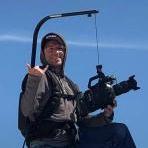
Sony a7 III discussion
webrunner5 and one other reacted to Geoff CB for a topic
2 points -
Got a chance to see some modern stuff projected tonight. Damn man, celluloid is amazing, too bad it looks like shit online. Seeing real grain dancing on a screen is amazing.1 point
-
Fuel
jonpais reacted to zerocool22 for a topic
Heey, I took the ump and the leica-r summicrons for a testspin. I did make a lot of errors but learned from them, so I can take that with me on the next project. Feedback is welcome. Kind regards,1 point -
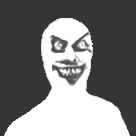
Video Compression Kills Grain :(
zerocool22 reacted to andrgl for a topic
And cinema ain't real life. FPN, chroma noise and rolling shutter make film grain look far superior.1 point -
Panasonic GH5 - all is revealed!
webrunner5 reacted to mercer for a topic
Are you confusing exposure compensation for aperture? Because there are factors that go into choosing the correct aperture for an accurate exposure... light, shutter speed, ISO, picture profile...1 point -

Atomos Ninja V HDMI Cables
jonpais reacted to webrunner5 for a topic
Out of likes. Yeah that is too long for anything I ever need. But better than Too short!1 point -

Magic Lantern Raw Video
Alpicat reacted to webrunner5 for a topic
Your making it damn hard for me not to buy a EOS M LoL. Well done. So what does that 15-45mm end up being using ML focal length wise?1 point -
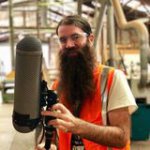
Blackmagic Pocket Cinema Camera 4K
zerocool22 reacted to IronFilm for a topic
Set up means any substantial change. You move the tripod over by a few feet? That is a new set up. Go from easyrig to handleheld? That is a new set up. Swap lenses? That is a new set up. Change the lighting from late morning to an early evening look? That is a new set up. Etc Etc Etc1 point -

Samyang/Rokinon makes Anamorphic Lenses!
IronFilm reacted to AaronChicago for a topic
2x with open gate 4:3 is wonderful. It's like going from Super 35 to full frame.1 point -
Finally!!! I already have the cheap chinese speedbooster, it's pretty bad but it will do the job for what I want.1 point
-
A lot of progress has been made on the EOS M in the last two days and it looks like they've been able to make the camera shoot in mv1080 mode using the full aps-c sensor (no crop) for the first time ever (as opposed to the mv720 mode that the camera was always stuck in). This means that the EOS M will now be as capable as the other digic 5 cameras.... so what I said before about anamorphic shooting changes completely - this will now be a great camera for anamorphic as it can record max 1736x1120 (3:2 aspect ratio) which I think uses the whole sensor height and width. Will do my first test soon - liveview preview isn't working fully yet though. Can't wait for the Viltrox speed booster to be released soon and shoot full frame raw video with this £100 camera! Here's the forum post and first footage: https://www.magiclantern.fm/forum/index.php?topic=9741.msg203530#msg2035301 point
-
Arri D21
Geoff CB reacted to BrooklynDan for a topic
I saw one for sale at Arri Rental complete with OB-1 recorder for $6K. As tempting as the image quality and low price are, it is far too cumbersome and heavy to be practical. It's also very power-hungry and just try getting a quote on maintenance. Just the spinning mirror assembly costs thousands. It was a $200K item new. Now that original Alexas are dipping under $10k and will soon be even cheaper, there is no real reason to use a D21.1 point -

Arri D21
webrunner5 reacted to IronFilm for a topic
From the top of my head it was around 5 grand I think1 point -

Blackmagic Pocket Cinema Camera 4K
mercer reacted to John Brawley for a topic
Mostly it’s about the codec and matching to another camera. Main camera is generally 12bit ProRes. To have secondary cameras that also shoot ProRes saves a lot of grief from post, and it’s very easy to make them almost indistinguishable from an Alexa. That’s harder with the other cameras you’ve listed. Especially with how much footage we shoot in long form TV drama. JB1 point -
Best native bokeh lens for GH5?
webrunner5 reacted to Spgreen65 for a topic
1 point -
Blackmagic Pocket Cinema Camera 4K
IronFilm reacted to Jim Giberti for a topic
I wasn't where? And where were you that gives you this magical power of creating new facts?1 point -
Gear has little to do with a good artistic work. And I am certain that the more available anamorphics become the more we will see great independent artist putting them to use. Money has nothing to do with artist talent.1 point
-

Rectilux Hardcore DNA to Kowa 8z 16H
Tito Ferradans reacted to Grimor for a topic
Just received my HTN ring v2 for the Kowa 16H and can confirm it is the best way to attach the rectilux. Rock solid and zero extra vignetting Thanks to HuuTuan from Vietnam for his product and service and @Tito Ferradans for the advice.1 point -
Thanks for info... really invaluable!!! Out of curiosity, if the Ursa didn’t exist, is there another camera on the market you would use in its place?1 point
-
I think this is more analogous to the move from tape to CDs. There was a big push to add the perceived warmth of tape to the sterile digital CDs.1 point
-
ASMR
Damphousse reacted to TwoScoops for a topic
Escorts have been paid to have dinner with old, rich creeps for decades if not centuries. It's nothing new.1 point -
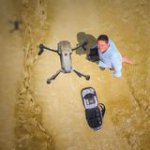
Sony a7 III discussion
Emanuel reacted to Robert Collins for a topic
This is with the Batis 85. It is a 'still' from a 14bit raw file so you can obviously process how you want unlike the 100mb/s 8 bit video where your ability to process is very limited. Here are a couple of straight out of camera jpegs (8 bit) to show how the Sony renders by default. This is the original jpeg of the earlier photo.... And this is another straight out of camera jpeg. So you can see that Sony renders its jpegs with a lot of contrast, saturation and a lot of sharpening which is different to Jon's video grab (and most video). I also think the Sony has a tendency towards slightly cartoonish colors. Theoretically you can match the video to stills with PP2 (still) from the video picture profiles. My guess is that most people wouldnt go down that route.1 point -
It's not as technically precise as the others but I really loved the Voigt 42.5. Nice Leica-like bokeh and really flattering to faces.1 point
-
Blackmagic Pocket Cinema Camera 4K
MurtlandPhoto reacted to Tone1k for a topic
Eh, what!? The Kinefinity is the same design as a Red in the same way a Canon DSLR is the same design as a Nikon one, or a Sony ENG camera the same design as a Panasonic one, or a Brand A car fundamentally the same design as a brand B car. They all have the same basic design and configuration.1 point -

Blackmagic Pocket Cinema Camera 4K
newfoundmass reacted to webrunner5 for a topic
Well well we all have to admit as of late the line between "Professional" and "Consumer" have really narrowed. When I was most of you guys age you either worked for a place that did video, or you bought a $200.00 at the time spring powered 8mm movie camera. If you were rich you had a Bolex, or my dream camera, a Beaulieu 4008 ZM Camera. They made beautiful looking cameras. Not too many choices compared to today. Now with the 4K BMPCC coming out it can nearly compete with rich people on an equal footing. The GH5s is amazing, the Sony A7 mk III is, the ML Canon 5D mk III, Canon C100, on and on. We live in an amazing time for video. It is now down to skill more than gear. The tables have leveled. No real excuse these days to not get the job done.1 point

